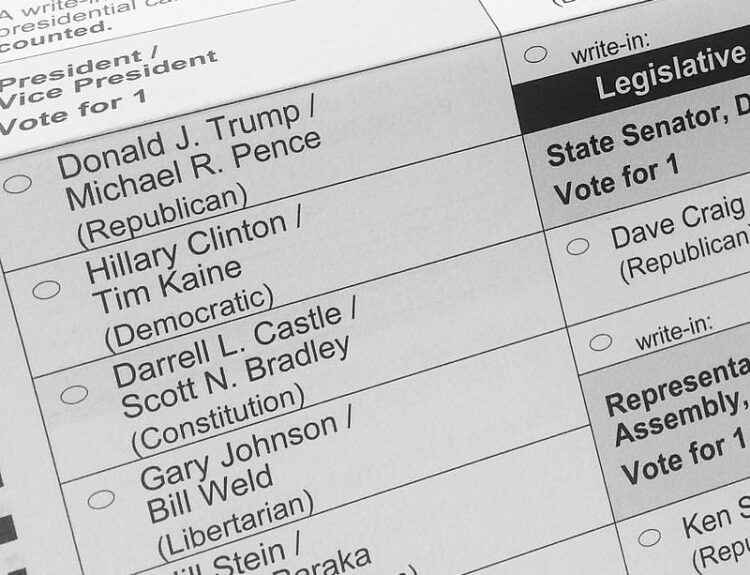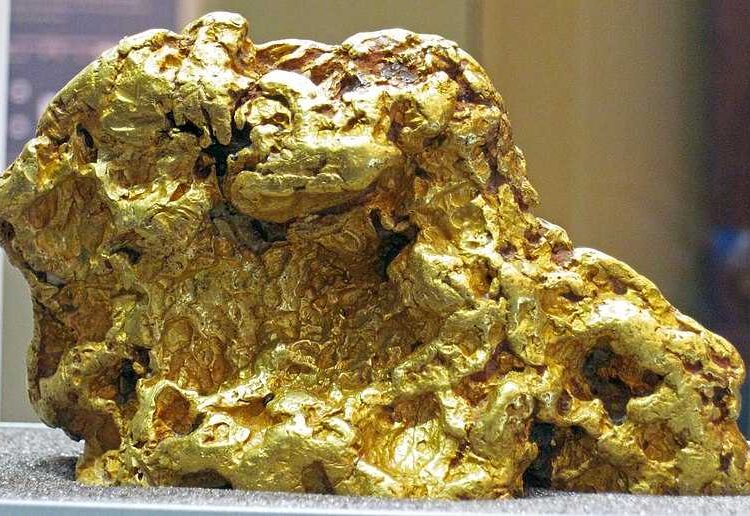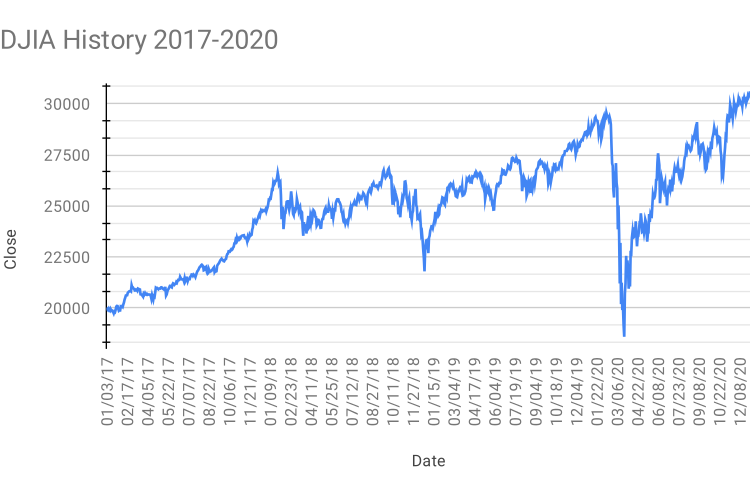How a telehealth startup evaded U.S. scrutiny by relocating key operations overseas.
- Done Global, a telehealth startup, is accused of operating as an Adderall ‘pill mill.’
- Founder Ruthia He was arrested, but operations have shifted to China, allowing continued prescription distribution.
- The company has transferred millions to entities in China and Hong Kong since its founding.
- Done’s practices have raised concerns about the proper diagnosis and prescription of controlled substances.
- Despite legal troubles, Done continues to attract new clients and maintain a large patient base.
Done Global, a California-based telehealth startup, has come under fire from federal authorities for allegedly functioning as an Adderall ‘pill mill’ with a predatory business model. The company’s founder, Ruthia He, was arrested in June, but the company has managed to keep its operations running by shifting key functions to China. This move has allowed Done to continue providing prescriptions for Adderall, a medication commonly prescribed for ADHD but also widely abused. nnAfter a two-year investigation, He and six others were charged with conspiracy to distribute controlled substances. Following her arrest, He was placed under house arrest, but she has pleaded not guilty. Meanwhile, Done’s operations in China have taken over, sidelining U.S. staff and continuing to direct company policies. The company’s website still lists a San Francisco address, which is currently an empty storefront. nnDespite the legal challenges, Done has seen its patient base grow, with around 67,000 patients by the end of May, up from 56,000 in November 2022. The company has been criticized for its quick online evaluations, which some clinicians say do not allow for proper diagnosis. nnThe U.S. government has classified stimulants like Adderall as controlled substances due to their potential for abuse. During the pandemic, the DEA relaxed rules on prescribing controlled substances, which allowed telehealth companies like Done to flourish. However, the DEA plans to reinstate stricter rules by the end of the year. nnDone has been aggressive in its marketing, spending millions on online ads and targeting keywords that attract drug-seeking patients. The company has also faced scrutiny for its internal practices, with reports of clinicians feeling pressured to prescribe stimulants quickly. nnAs the investigation continues, Done’s future remains uncertain, but its operations in China have allowed it to maintain a foothold in the market, raising questions about the regulation of telehealth services and the accessibility of controlled substances.·
Factuality Level: 7
Factuality Justification: The article provides a detailed account of the allegations against Done Global and its founder, including specific actions taken by the company and its staff. However, it contains some sensational language and could benefit from a more neutral tone. While it presents factual information, the dramatic framing and focus on sensational aspects may detract from its overall objectivity.·
Noise Level: 8
Noise Justification: The article provides a detailed account of Done Global’s operations, the legal issues surrounding its founder, and the implications of its business model. It includes evidence from court records, employee testimonies, and internal documents, which supports its claims. The article holds powerful individuals accountable and explores the consequences of their actions on patients and employees. It stays on topic and offers insights into the challenges of regulating telehealth services, particularly concerning controlled substances.·
Private Companies: Done Global,MakeBelieve Asia
Key People: Ruthia He (Founder), David Brody (Senior Doctor), M.J. Chey (Finance Chief), Yue Wang (Head of China Team), T.J. Williams (Former Head of Operations), Elizabeth Shapard (Nurse Practitioner), Kelly Gordon (Nurse Practitioner)
Financial Relevance: Yes
Financial Markets Impacted: The telehealth startup Done Global is facing legal issues that could affect its operations and financial stability, potentially impacting investors and the telehealth market.
Financial Rating Justification: The article discusses the legal troubles of Done Global, a telehealth company, which involves financial transactions and implications for its business model. The arrest of its founder and the operational shift to China raise concerns about the company’s future and its impact on the telehealth industry.·
Presence Of Extreme Event: No
Nature Of Extreme Event: No
Impact Rating Of The Extreme Event: No
Extreme Rating Justification: The article discusses legal issues surrounding a telehealth startup and its founder’s arrest, but it does not describe an extreme event that occurred in the last 48 hours.·
Deal Size: The article mentions that Done Global has transferred $6.6 million to entities in China and Hong Kong since its founding, including nearly $1.5 million transferred this year to a new entity named MakeBelieve Asia. Additionally, it states that two transfers for a total of $500,000 went to MakeBelieve over a three-day period in late June, and another $1 million was transferred to He’s defense team in the U.S.The total deal size mentioned in the article is $6.6 million.Output: 6600000
Move Size: No market move size mentioned.
Sector: Healthcare
Direction: Down
Magnitude: Large
Affected Instruments: Stocks
 www.wsj.com
www.wsj.com 





